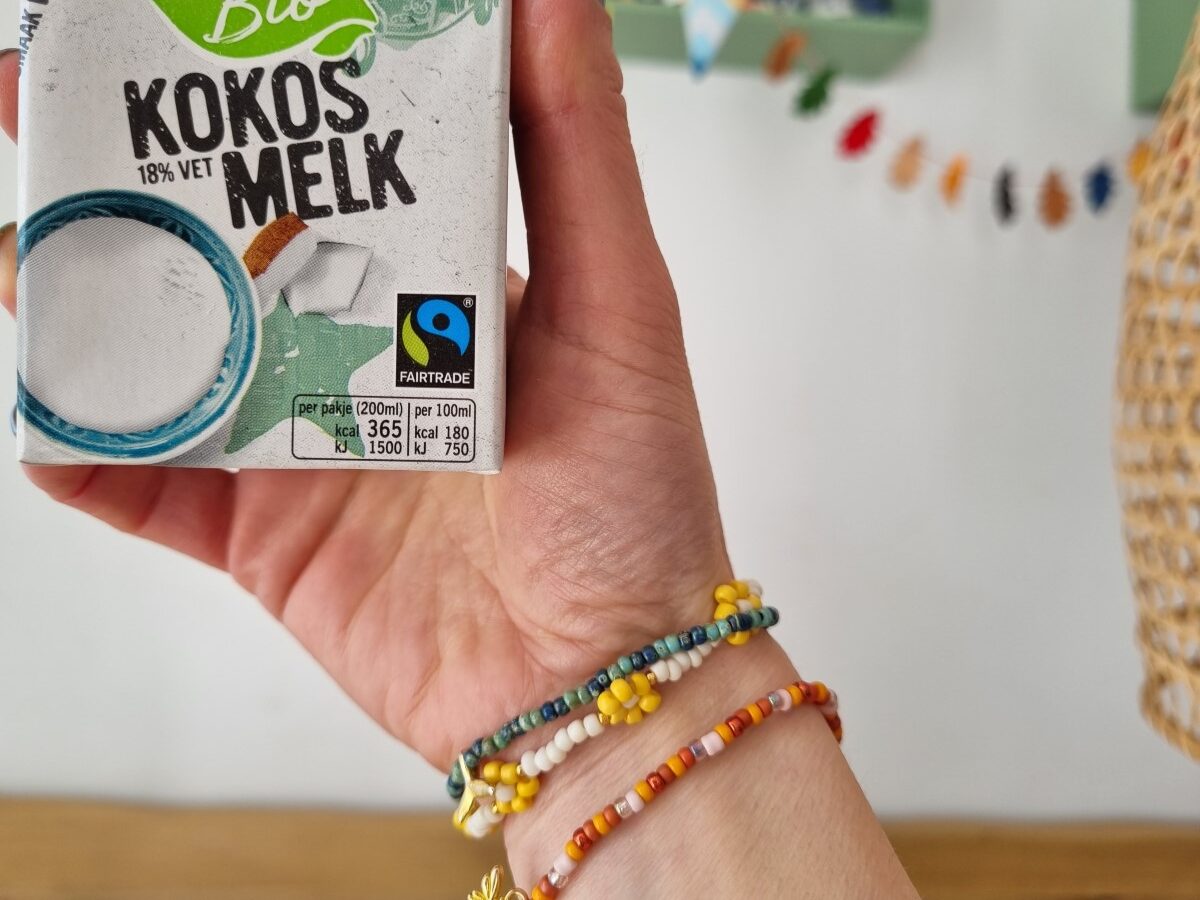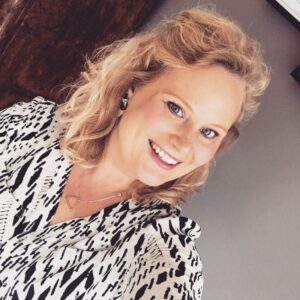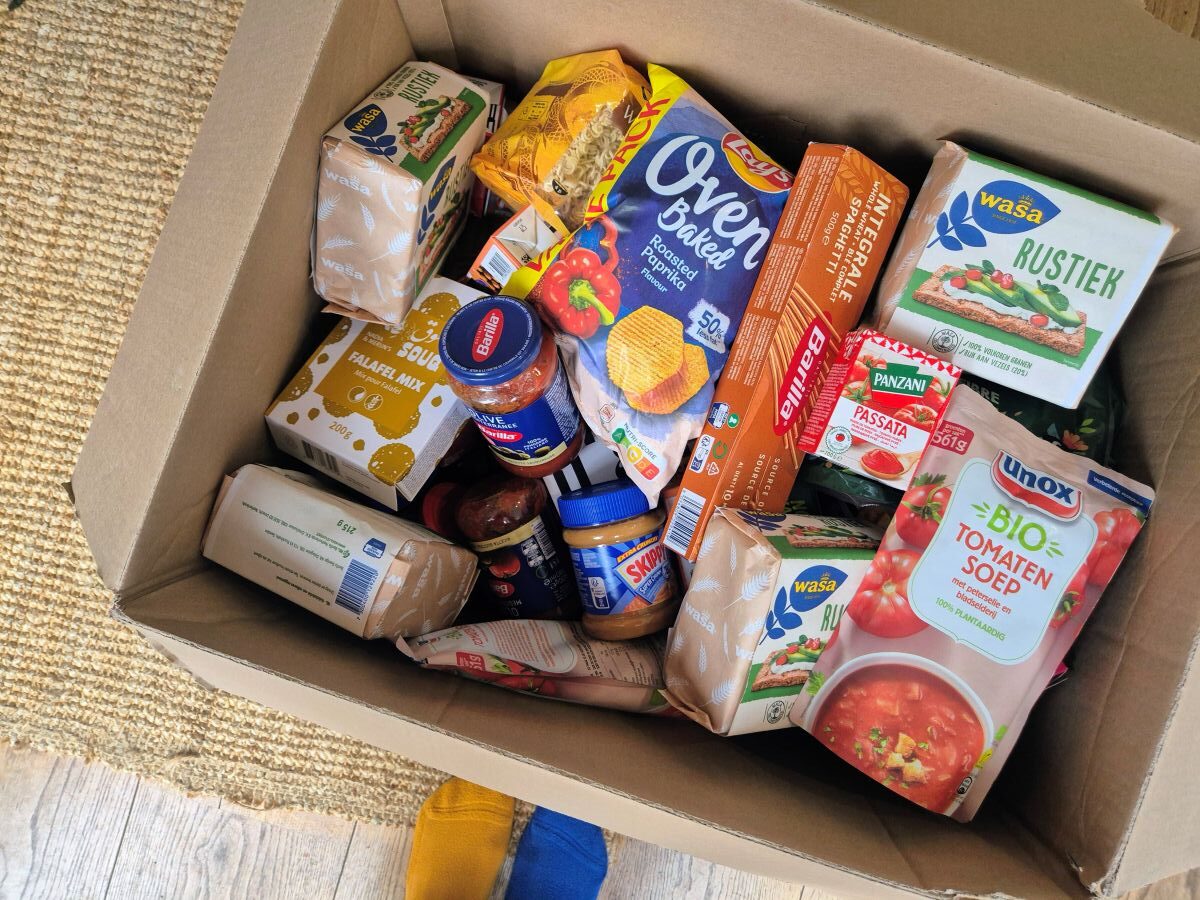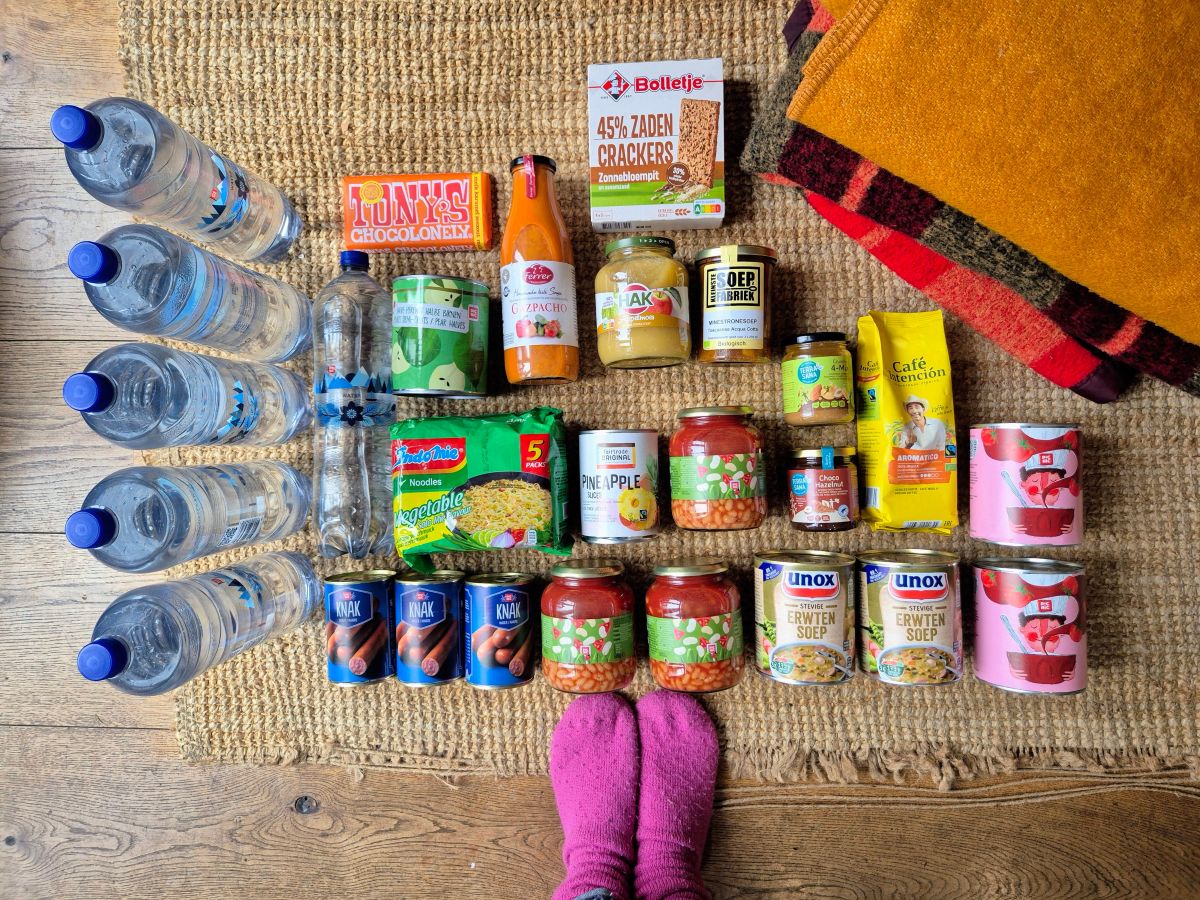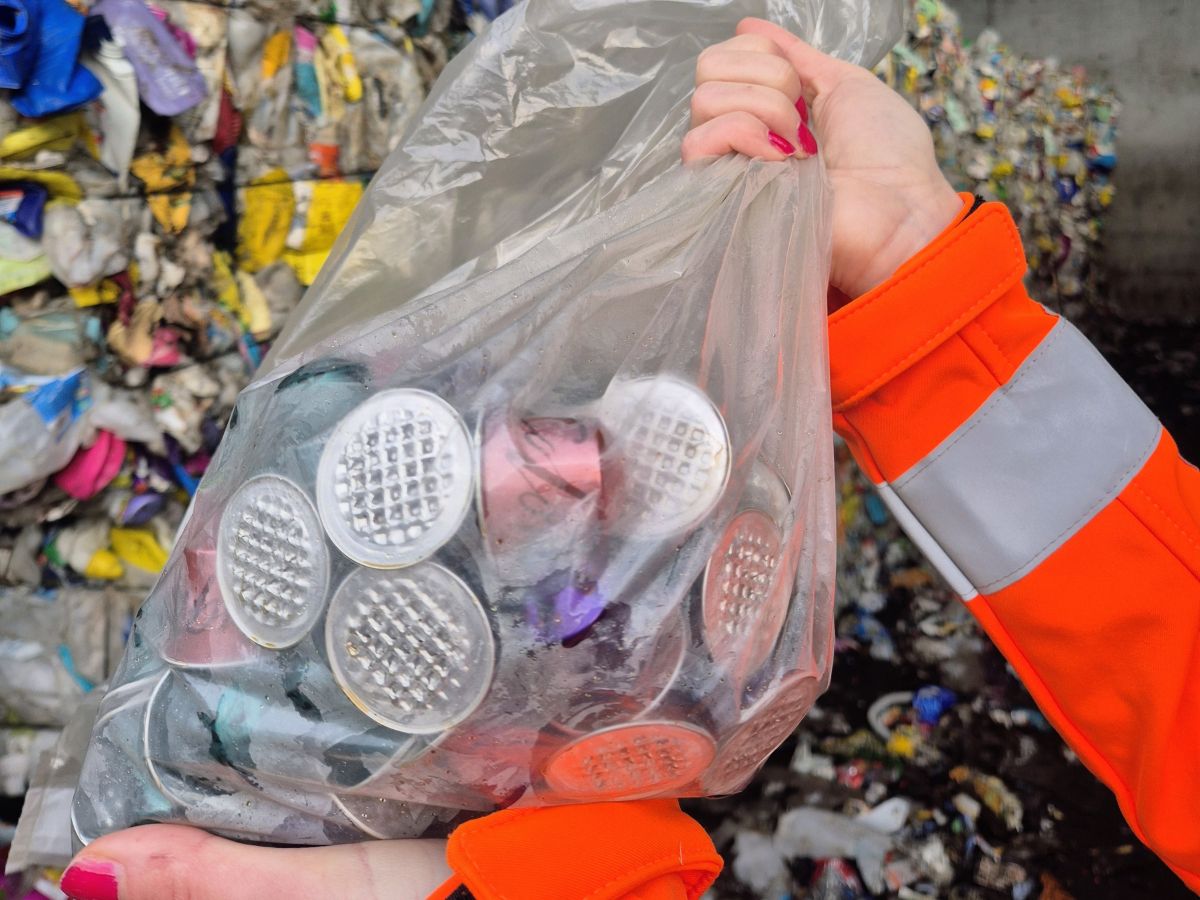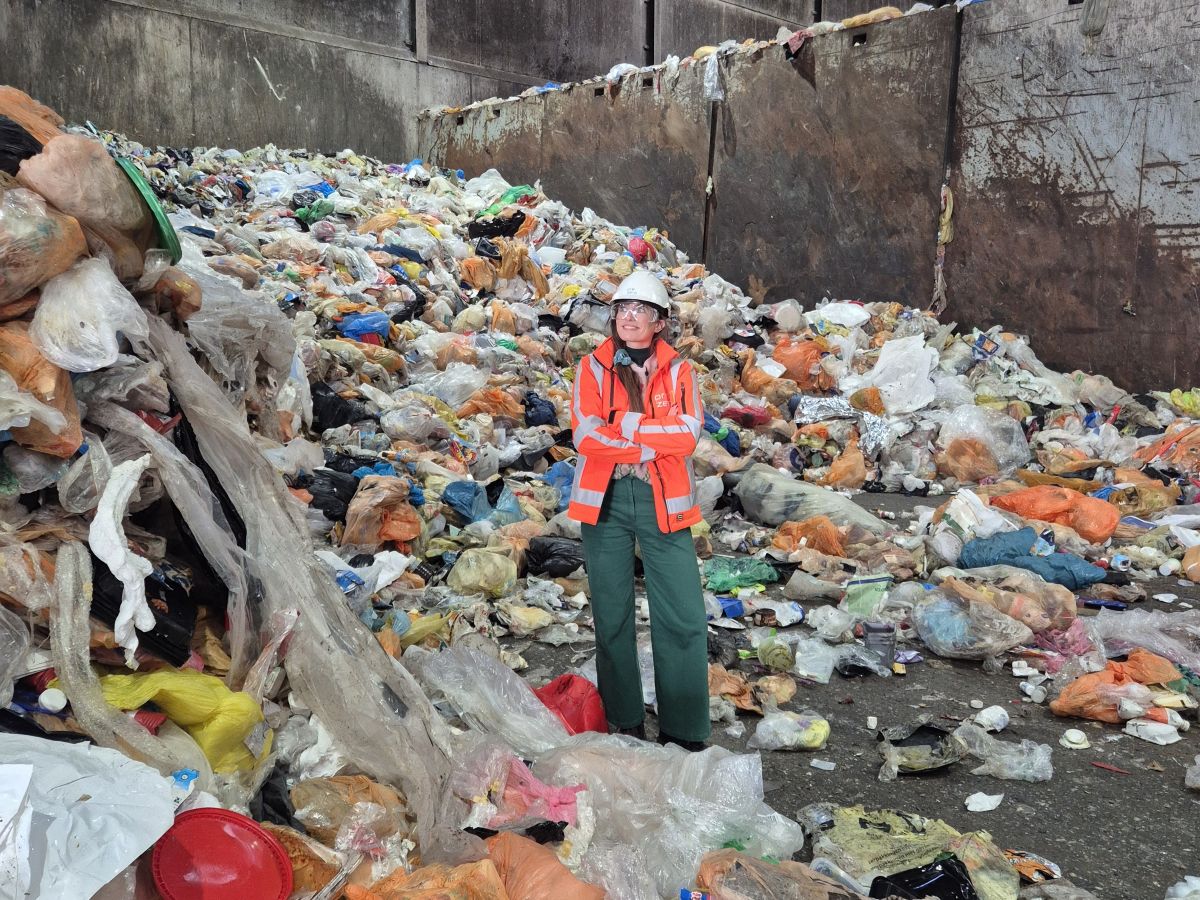Labels try to make life easier for responsible consumers, but they often do the opposite: there are so many of them! One logo that fortunately we do almost all recognise at a glance is the Fairtrade logo. 80% of Dutch people recognise the label, 84% of Dutch people trust the label and as many as 90% buy products with the label*. Great numbers! But do these people know what the Fairtrade label stands for? Do you? And do you know how to get the label into your shopping basket when you do your shopping? After reading this article you will!
Fairtrade: together we make the world fair
In cooperation with Fairtrade
It may seem like a bit of a fairy tale: a fair world. Yet that is what Fairtrade strives for. Through better terms of trade, they are committed to improving the living and working conditions of millions of farmers and workers on plantations worldwide, as well as protecting the environment. Good agreements are made with farmers and local producers in Africa, Asia and Latin America so that they get a fair price for their products. The name Fairtrade actually says it all. Fair trade. But that's the short version. How do they ensure that they improve this living and working situation and, at the same time, protect the environment?
How does Fairtrade improve the living conditions of local farmers?
Fairtrade works with farmers united in cooperatives or partnerships. By uniting, farmers strengthen their bargaining power, achieve economies of scale (enabling more efficient production) and are able to invest. Local Fairtrade teams support farmers and workers on plantations in areas such as management, sustainability or safe working conditions. They also roll out all kinds of impact programmes on key themes such as climate change, gender equality, youth and child labour.
Fixed minimum price plus premium for Fairtrade farmers
That sounds great, but what about that price? What makes the price better? Fairtrade gives clear insight into that too. They work with a minimum price and a premium. This means that the selling party, for example the local coffee producer, receives the Fairtrade minimum price for his or her products. On top of that comes the premium from the trader or factory that buys the products. The local products can spend that premium as they see fit. They determine the purpose together. For instance, for education in the village, medical care, cows, a new well or a specific training centre for farmers. And that premium, which is unique to Fairtrade!
This system ensures a better price for farmers and plantation workers. No matter how expensive or cheap the final product is. Changing world market prices do not affect this and neither does that tasty discount you grab at the supermarket at times. The local lot still receives the same, better price. Whether these rules are observed in practice is checked by the organisation FLOCERT, they are Fairtrade's independent certification and monitoring body.


When you buy Fairtrade products, farmers get a fair price.
So what does such a Fairtrade label mean?
Why fair trade and a good price are important is something we can all fill in. But unfortunately, it is still not taken for granted. Fairtrade is keen to tell the fair story, even if everything is not yet as rosy as they would like. For instance, it turns out that certainly producers of products like coffee, tea, cocoa and bananas are still far from getting a living wage for their products everywhere. Because Fairtrade pays a better price for their products and they can spend the premium that comes on top as they see fit, farmers are able to improve their living conditions. So they can support their families, send their children to school and invest in their businesses. So if you find the Fairtrade label on your groceries, you know that the producers have received a fair price. That makes shopping more fun!
Which brands and partners already pay a living wage and living income?
Tony's Chocolonely, Chocolatemakers, Ben & Jerry's, Aldi's Choco Changer chocolate bar and PLUS's Open Chain chocolate bar already pay living wage and living income. Fairtrade Original's Community coffee pays the living wage reference price. Lidl Way to Go chocolate bars, cashew nuts and coffee pay an additional premium to close the gap to living wage.
Why is a reliable seal of approval important?
As a consumer standing in the supermarket with your basket, you sometimes can't see the wood for the trees. You want to make good choices, but what is the right one? By using the various labels, you can see at a glance which products meet certain quality requirements. Unfortunately, with 300 food labels in the Netherlands alone, it is not easy. Moreover, not all logos are labels, unrecognised labels also exist and in some cases there is deception. Fortunately, Fairtrade's green-and-blue label is easily recognisable. Do you see this label? Then you know the farmers have received a better price for the ingredients your product is made of. So you know what you are buying! Want to know more about hallmarks?
Is Fairtrade also committed to climate change?
By choosing Fairtrade products more often, you contribute to a better life for farmers and workers worldwide. But climate change is also an important issue within Fairtrade. So YES, Fairtrade is also committed to, or rather against, climate change. Small-scale farmers in particular are hit hard by the consequences of climate change. Their harvests are affected by drought or extreme rainfall. To counteract this, Fairtrade helps farmers to make themselves resilient to climate change. In addition, Fairtrade farmers use the Fairtrade premium to invest in various measures such as planting shade trees, cooking on biogas and growing different crops (diversification).
By attending several key climate meetings, Fairtrade is calling on world leaders to finally get honest in their climate pledges. Besides calling attention to these issues and promises, Fairtrade farmers themselves adhere to strict rules on sustainable production methods. They are trained in the use of sustainable inputs and adhere to rules on pesticide use, biodiversity improvement and the protection of natural resources such as soil and water. Many Fairtrade farmers grow organic produce and Fairtrade pays a higher Fairtrade minimum price for these products.
Here's what you can look out for while shopping
Spices and coconut milk from Sri Lanka, bananas from Colombia and coffee from Mexico. What do you throw in your shopping basket and what would you rather not? The very producers of these kinds of products - also supplemented by tea and chocolate - by no means always get a fair price for their hard work. Are these kinds of products on your shopping list? By choosing Fairtrade-labelled packaging, you are making a positive impact for farmers, workers, their families, the environment and yourself. In the Netherlands, there are fortunately more than 12,000 products with the Fairtrade label. You can also find rice, sugar, sandwich fillings and even flowers and wine with the Fairtrade logo. You won't go wrong any time soon! However, it is good to realise that Fairtrade does not make these products itself. Its partners do. Curious about the list of Fairtrade products and partners? You can find those here.
Make a difference with Fairtrade
So now there are thousands of products to buy with the Fairtrade label. And these products have long since ceased to be more expensive than comparable products without the label. Even more and more house brands offer Fairtrade products. The entire Plus private label range is Fairtrade - where possible - and Aldi and Lidl also have a wide range of Fairtrade products. By the way, did you know that Fairtrade is originally Dutch? Even more reason to be proud of this label!
In summary, Fairtrade is the only label that works with a minimum price at low world market prices. On top of that, farmers and workers receive a fixed-non-negotiable premium that they spend as they see fit, such as on production improvement, medical care or education. Fairtrade's rigorous standards are independently audited. Need one last argument? Fairtrade is one of 12 Milieu Centraal's top labels. We of thegreenlist.nl are fans!
- Want to know more about labels? You can find a comprehensive list at hallmark indicator.nl or download the handy free app.
- Het Klokhuis made a nice episode about fair trade. You can view these online.
More sustainable tips from thegreenlist.nl
- Also see: sustainable shopping, this is the place to be!
- Also see: is soy sustainable or not?
- Also see: palm oil is not as black and white as you think.
- Also see: Labels for food, we looked into it for you!
*The numbers in the introduction come from a 2019 survey by GfK, but have not changed in the meantime. More recent figures from Globescan show that 92% of Dutch people recognise the label and 87% of Dutch people trust the label. Photo credits: thegreenlist.nl (main image) & Fairtrade Netherlands.

